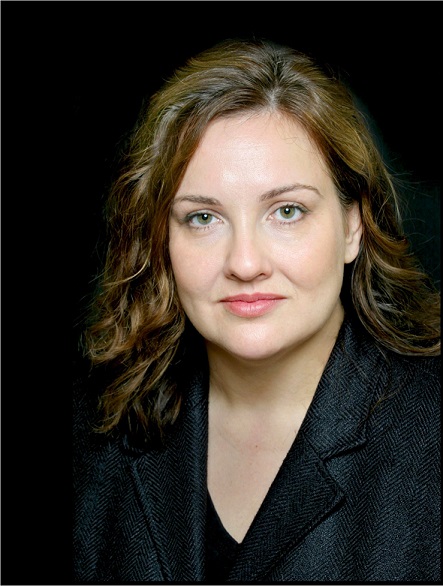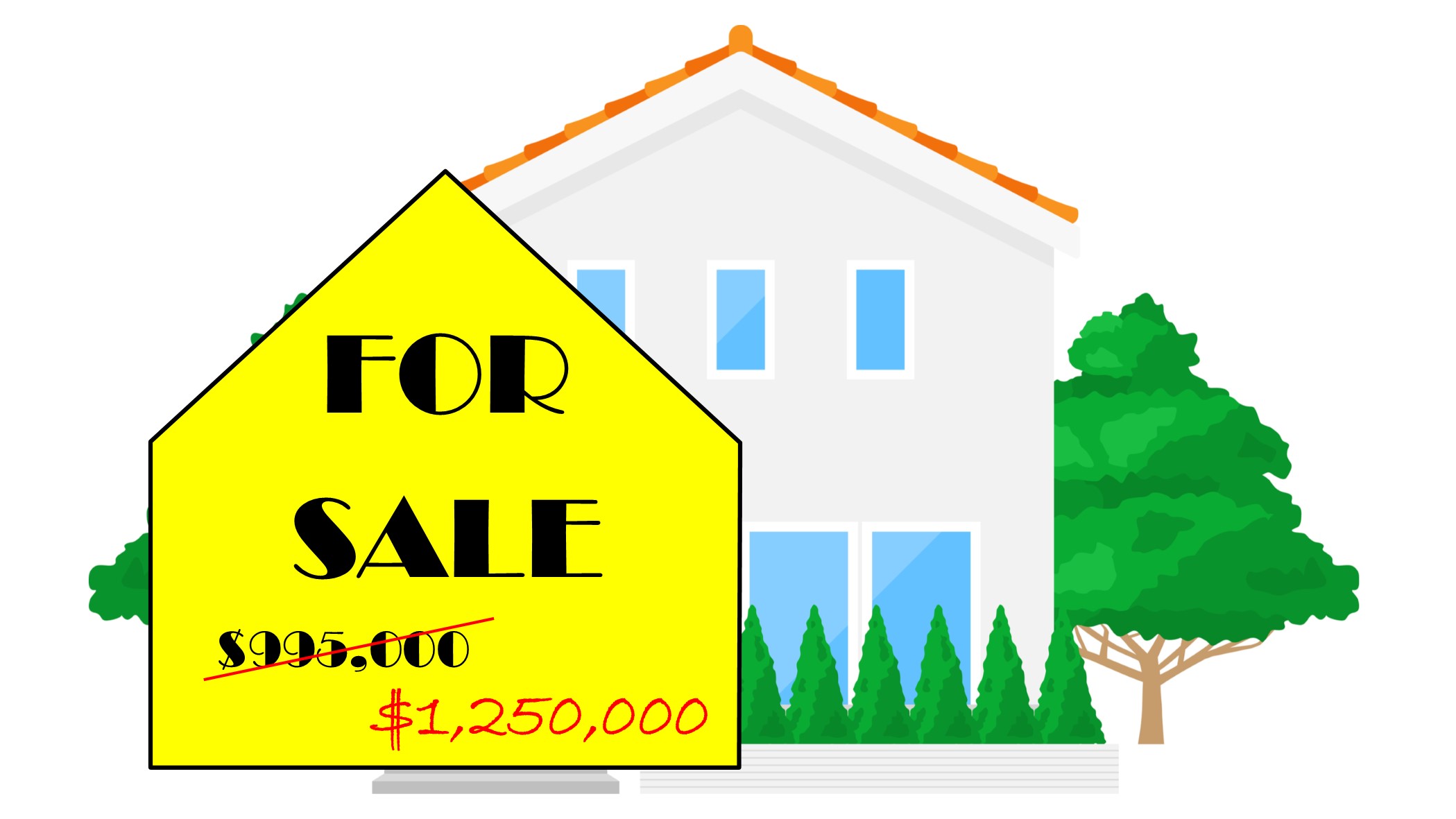REAL ESTATE ANSWERS: What is the right pricing strategy for my home?
What is the right pricing strategy for my home? In Berkeley and in the surrounding areas, it has long been the case that many properties are listed below what they’ll likely sell for. I’ll call this “low pricing.” Low pricing is a strategy intended to attract the attention of a wide range of buyers and to generate multiple offers. Most properties around here follow this strategy, but it’s not the only possibility. “Transparent” pricing is a newer term for the classic pricing strategy followed in most other areas. It refers to choosing a list price that is at a value [...]
REAL ESTATE ANSWERS: Why do list prices sometimes increase after a property has been on market for a while?
Why do list prices sometimes increase after a property has been on the market for a while? In most parts of the country, properties come on the market, and if they don’t sell after a period of time, motivated sellers will reduce the list price to attract buyers. Around here, if a property is not getting the interest the seller hoped for, sometimes the seller will reduce the list price, but other times the list price will increase. What’s going on? The answer lies in the strategy that was followed in choosing the original list price. In other areas, the [...]
REAL ESTATE ANSWERS: What is the right pricing strategy for my home?
What is the right pricing strategy for my home?
In Berkeley and in the surrounding areas, it has long been the case that many properties are listed below what they’ll likely sell for. I’ll call this “low pricing.” Low pricing is a strategy intended to attract the attention of a wide range of buyers and to generate multiple offers. Most properties around here follow this strategy, but it’s not the only possibility.
“Transparent” pricing is a newer term for the classic pricing strategy followed in most other areas. It refers to choosing a list price that is at a value that the seller will accept for the home; the expectation is not that there will be a bidding war and the price will get bid up.
In deciding which of these strategies makes more sense for a particular property, the biggest consideration is whether there will be multiple interested buyers for the property. If you go with a low price and only get one offer, that offer may very well be at, or even below, the (low) list price. For this reason, for a property that is not something that a typical buyer is looking for (because of size, style, customization, etc.), or for properties in the upper price ranges (that are too expensive for most buyers), it makes sense to choose a transparent price. Listing a property low is only a good idea if there are likely to be multiple buyers bidding the price up.
For properties of broad interest, there are several reasons why the “price it low and generate bidding” strategy is beneficial. Multiple offers push up the price to the upper limit of what the buyers are willing to pay, so you know you’re getting top dollar. They also give the buyer with the winning offer confidence that the property is a good one (“If all these other people also want it, it must be good!”), and buyer confidence is important in holding deals together. Buyers may also waive contingencies they do not need and choose shorter time periods.
If you’re choosing a transparent price, the right price to choose is the market value of the home, determined by what other similar properties have sold for. If you’re pricing low, though, the inevitable question is “How low do you go?”
The most advantageous “low” list price is one that is similar to what other properties like yours are listed at. You want your home to look good relative to other homes that are for sale. If you list it at a price higher than similar properties, it will end up being compared by buyers to other homes that are bigger or otherwise more expensive, and it won’t compare favorably.
In normal times for this area, “low” list prices have been around 20-30% below market value. Lately, though, list prices are a lot further below market value. Why?
Sale prices/market values have shot up since the beginning of 2021, but typical list prices move more slowly. So far this year, homes are selling quite commonly for 30%, 40%, 50%, or even more above list price, up to double! Why haven’t list prices gone up as the market has risen? It’s a coordination problem. When other properties on the market are still choosing the same list prices as last year, a strategic seller will do the same, so that their home is compared by buyers to the right segment of the market.
REAL ESTATE ANSWERS: Why do list prices sometimes increase after a property has been on market for a while?
Why do list prices sometimes increase after a property has been on the market for a while?
In most parts of the country, properties come on the market, and if they don’t sell after a period of time, motivated sellers will reduce the list price to attract buyers. Around here, if a property is not getting the interest the seller hoped for, sometimes the seller will reduce the list price, but other times the list price will increase. What’s going on?
The answer lies in the strategy that was followed in choosing the original list price. In other areas, the typical strategy is to choose a list price around market value, or sometimes a little above market value “to leave room to negotiate.” If the property doesn’t sell after a certain period of time, that’s a signal that the list price is too high, so the right response is to reduce the price.
Around here, things are more complicated because there are different strategies for choosing the list price. Some properties follow the strategy I just described, going with a list price at market value. This strategy makes sense for properties where we don’t necessarily expect there to be multiple offers, perhaps because the price point is high, or there’s something specific about the property that the right buyer would find appealing, but that wouldn’t work for everyone. For properties where the list price is around market value, the correct response if they don’t sell in a reasonable amount of time is a price reduction. (Note that “a reasonable amount of time” in this case might be somewhat longer than the two-week marketing period we often see in Berkeley, because with this strategy, you’re waiting for the one right buyer to come along.)
The other strategy, which is of course the most common one in Berkeley, is to choose a list price that is below market value, to attract multiple offers and competitive bidding on a specified offer date. What if a seller chooses a low list price, but doesn’t get any offers on the offer date, or gets just one offer at the low list price? In this case, one reasonable response is to increase the list price. After the offer date passes, the likelihood of getting multiple competing offers is quite low. Sellers in this case can switch to the other list price strategy, and increase the list price to market value. Note that there probably is some information in the fact that the property didn’t get multiple offers, and that information should be taken into account in choosing the new price.
The right list price strategy for a particular property depends on the characteristics of the property itself, and how the market is doing. Choosing the right list price is key. The houses that are priced correctly from the start are the ones that sell quickly and for the most money.



